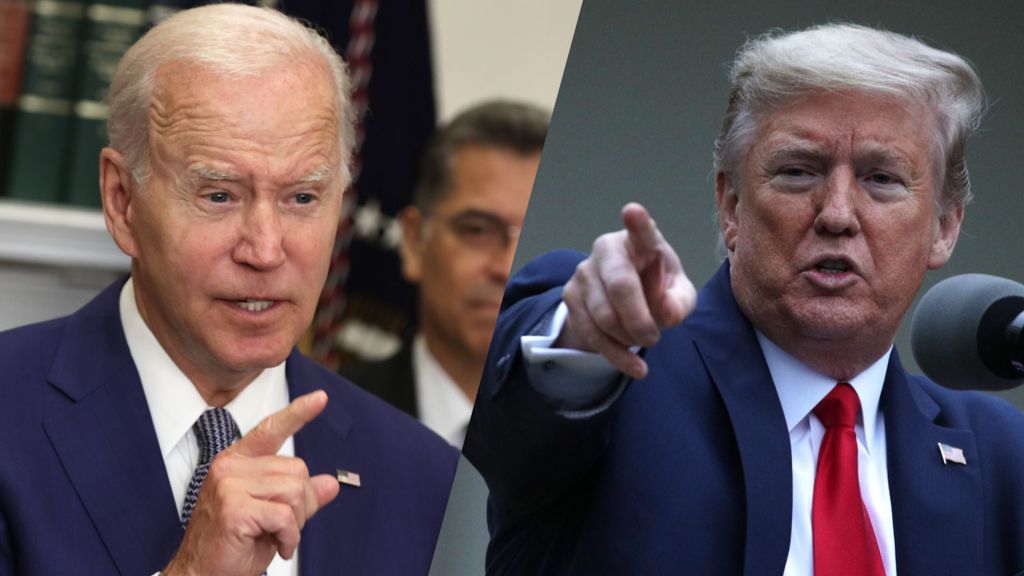
Commentary
-
Our commentary partners will help you reach your own conclusions on complex topics.
After some six months of detainment and two days of trial, WNBA star Brittney Griner suddenly pleaded guilty to bringing hashish oil into Russia. This revelation arguably isn’t indicative of a sudden clearing of conscience, as much as it’s likely a strategic play amidst a geopolitical political conflict. Brittney Griner told a Russian judge on Thursday that she inadvertently packed vape cartridges in her luggage when she entered a Moscow airport back in February. The two-time Olympic gold medalist came to play for for a local team. Falling at the mercy of the court, she maintained that there was no intent to violate the nation’s laws. Yet she has been detained on drug possession and smuggling charges since February 17, facing up to ten years in prison if convicted. Griner’s arrest came a week before Russia invaded Ukraine and her plea change comes a day after she received a letter from President Joe Biden, and on the heels of a Russia official suggesting that Moscow could be open to trade. Let’s talk about three very real aspects of this situation, which may explain her change in plea.
First, Griner likely realizes that she’s not going to get justice in Russia. The US Department of State determined in its annual human rights reports that the Russian judicial system is neither independent nor impartial, but is susceptible to corruption, or is incapable of rendering just verdicts. Russia has a 99.75% conviction rate on charges, harkening back to the soviet-era. All said, Griner conviction is predetermined and all-but certain. And let’s be real… the country is averse to her and everything she represents—She’s a proud Black woman lesbian held in a nation with an anti-LGBTQ bent and a black population of less than one tenth of a percent. To simply bend the knee—whether guilty or not, is in Griner’s best interest. Hopefully, the court will be merciful and not give her the full 10 years for the 0.7 grams of cannabis oil allegedly found in her luggage. Unfortunately, another American named Mark Fogal was allegedly found with 17 grams of cannabis oil for medical use. He pleaded guilty but the Russian court gave him 14 years in a penal colony. Still, when facing a decade in prison, mercy is worth a shot.
Second, Griner may have changed her plea because she’s entangled in a geopolitical conflict of epic proportions. Since Russia invaded Ukraine, the United States has hit Russia with significant sanctions, compounding the already strained relationship between the two nations. Russia may make an example of Griner, simply because it can. It also Russia may exploit Griner as a pawn to get something it wants. And that brings me to my third point.
Third, there’s some suggestions that the Russians may be willing to deal for Griner, but a guilty plea would be a requisite step. We know this because of implicit remarks made by a Russian deputy foreign minister named Sergei A. Ryabkov. When asked about an exchange, he said, “It is clear that we have not completed the necessary judicial procedures. Until this happens, there are no nominal, formal or procedural grounds for any further steps.” He went on to suggest that Moscow may negotiate, saying Griner would be helped by “a serious reading by the American side of the signals that they received from Russia, from Moscow, through specialized channels.” That “serious reading” is likely pointing to the exchange of Viktor Bout, a 55-year-old Russian arms dealer nicknamed as “the merchant of death.” Bout is serving a 25-year prison sentence here in the United States. Whether the U.S. will deal for Griner is unknown but it may not happen anytime soon, as her guilty plea does not end her trial. She returns to court on July 14. In the meantime, while it’s unknown whether Griner actually had cannabis on her, what seems readily apparent is that Griner is doing what she needs to get home, including entering a guilty plea.
-
Why are non-consensual pelvic exams still happening?
More states are beginning to crack down on the surprisingly common practice of medical students and professional staff performing non-consensual pelvic exams on unconscious men and women in hospitals, universities and other medical facilities. Just one year ago today, those practices remained legal in a majority of U.S. states. Now, however, a new directive from…
-
Congress should repeal the Foreign Dredge Act
The collapse of Baltimore’s Key Bridge presents challenges for cleanup and construction crews who rely on dredging vessels to complete their work. That’s partly because of the Foreign Dredge Act, a 1906 law that prohibits foreign-made dredging vessels. Congress is now introducing a measure to revise parts of that law, although previous attempts to do…
-
Gen Z women must fight for their rights
Gen Z, the first “digital native” U.S. generation, is entering the workforce, studying at university and serving in the military. From school shootings and cyber-bullying to COVID-19 and the overturning of Roe v. Wade, this generation has been shaped by unique trends and events, and how they will behave as citizens and voters is an…
-
Users must have rights in Big Tech’s AI race
Big Tech companies across the board, including Meta, X, Amazon, Microsoft, and Alphabet are racing to draft policies that enable them to use user-generated content to train advanced generative AI models without user permission or compensation. The Federal Trade Commission is investigating where it can, but government regulations lag far behind the rapid pace of…
-
Congress must act against corrupt Boeing monopoly
Boeing is in the news again following the suspicious death of a whistleblower who had agreed to testify against the company regarding its alleged use of “substandard” airplane parts. That news itself follows multiple incidents involving Boeing aircraft, including doors and hull panels flying off, fires breaking out, and landing wheels breaking off and crashing…
Latest Opinions
-
 Getty Images
Getty Images
More Dems signal willingness to save Johnson from speakership vote
-
 Getty Images
Getty Images
NASA worm returns as interest in space grows around the world
-
 Reuters
Reuters
SF DA seeks restitution for drivers delayed by Golden Gate Bridge protest
-
 Getty Images
Getty Images
Mexico disrupts China’s potential plan to infiltrate US EV market
-
 Getty Images
Getty Images
Free speech fight after USC cancels valedictorian’s speech
Popular Opinions
-
In addition to the facts, we believe it’s vital to hear perspectives from all sides of the political spectrum.


